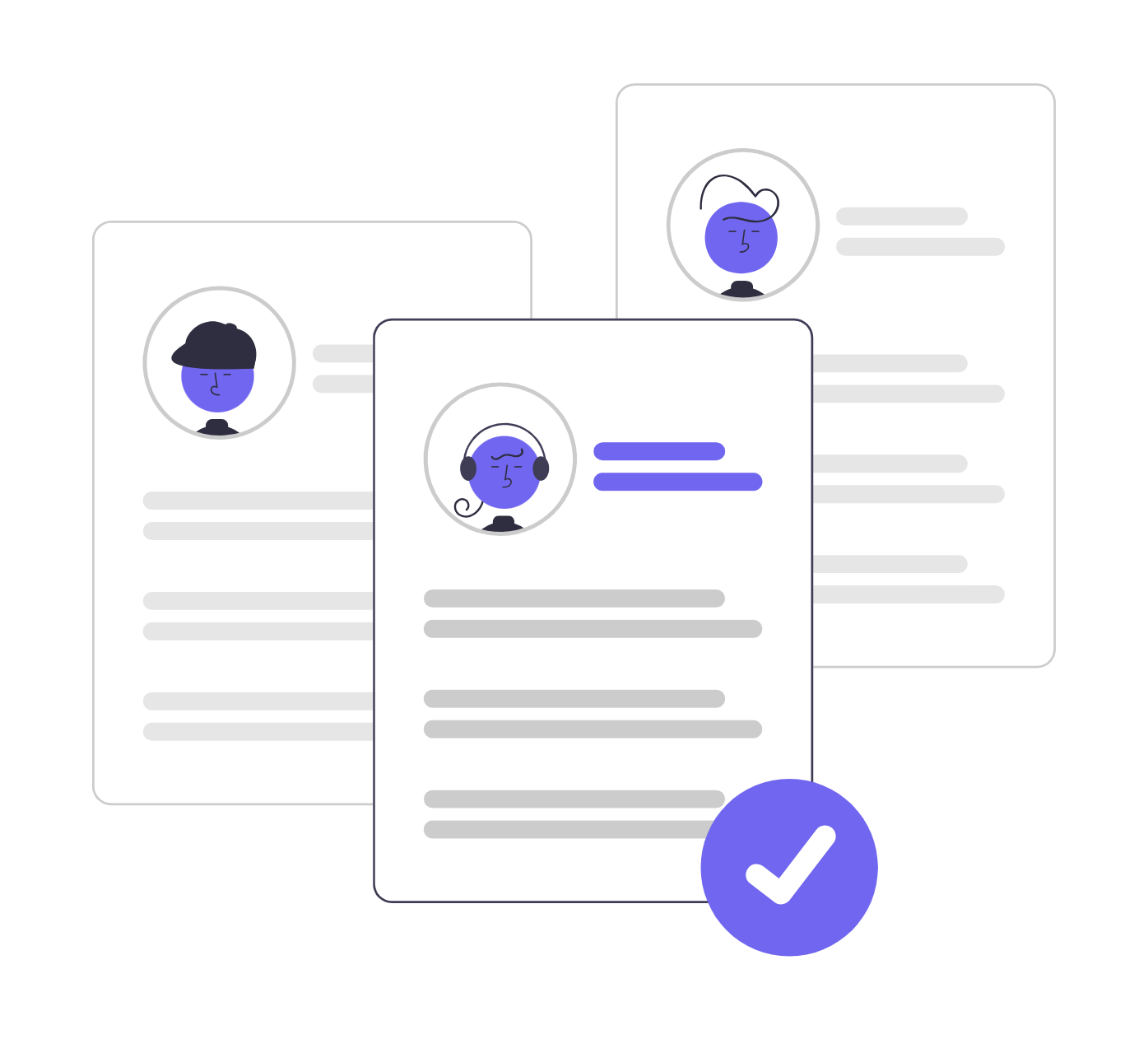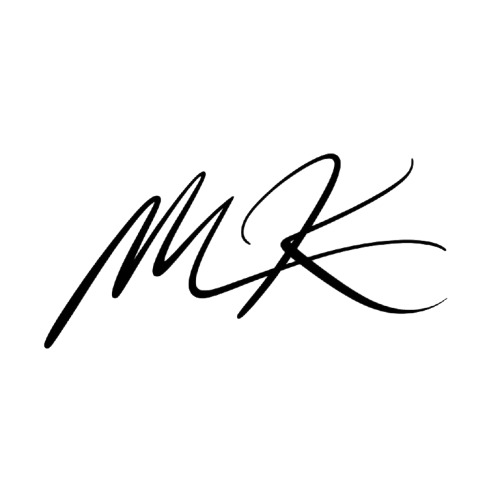Share
In the race to attract top talent, one of the most overlooked inefficiencies is internal: a lack of clarity around who does what in the hiring process. Too often, companies confuse or conflate the roles of recruiters and hiring managers—leading to misaligned priorities, slower decisions, and ultimately, bad hires.
If you’ve ever wondered, “Who actually makes the hiring decision?” or “Why do great candidates slip through the cracks?”—this article is for you.
Why This Distinction Matters More Than Ever
The job market is faster and more competitive than ever. High-quality candidates are evaluating your company just as much as you’re evaluating them. That means every step in your process—especially the collaboration between recruiter and hiring manager—must be sharp, aligned, and efficient.
When roles are misunderstood, great candidates fall through the cracks. When they’re clearly defined and respected, hiring becomes a strategic advantage.
What Exactly Does a Recruiter Do?
Recruiters are the talent scouts and process navigators of the hiring world. Whether internal (part of your HR team) or external (agency-based), their job is to source, screen, and shepherd candidates through the early stages of the process.
Common recruiter responsibilities include:
- Sourcing candidates via job boards, LinkedIn, or their own networks
- Screening resumes to determine baseline qualifications
- Conducting initial interviews (usually by phone or video)
- Answering basic candidate questions about the role, company, and process
- Coordinating logistics between candidates and interviewers
- Advising on market trends, salary benchmarks, and candidate expectations
“A recruiter is your scout, your screener, and your strategist.”
— Reddit, r/recruiting
They are facilitators—but they are not the final decision-makers.
Eliminate low-effort applicants—including those who use AI Tools to apply, copy-paste answers, or rely on "one-click apply." This way, you focus only on genuine, committed, and high-quality candidates—helping you avoid costly hiring mistakes.

What Does a Hiring Manager Do?
The hiring manager is typically the leader of the team with the open position. Unlike recruiters, hiring is not their primary job—it’s one responsibility among many. But it’s a critical one.
They’re the person who will manage the new hire directly, define success in the role, and ultimately be accountable for whether the hire thrives or fails.
Common hiring manager responsibilities include:
- Defining role requirements and success metrics
- Writing or approving job descriptions
- Interviewing qualified candidates for technical and team fit
- Gathering and weighing feedback from other interviewers
- Making the final hiring decision
- Extending the offer and onboarding the new hire
“The hiring manager owns the outcome—so they must own the decision.”
— Quora
So, Who Makes the Final Decision?
Here’s the simple answer: The hiring manager.
This was echoed unanimously in a Reddit poll, where over 99% of recruiters and talent professionals agreed that the final hiring decision belongs to the hiring manager. Recruiters may influence and advise, but they don’t hire. That responsibility—and accountability—rests with the manager leading the team.
That said, experienced recruiters do play a gatekeeping role. They can veto candidates who raise red flags during initial screenings or reference checks. And in some cases—especially when the hiring manager is inexperienced—they may strongly steer the final decision.
But in most companies, it works like this:
- Recruiters say “no” when needed.
- Hiring managers say “yes” when ready.
How the Two Roles Should Work Together
Recruiters and hiring managers are complementary, not competitive. When they operate as a unified team, hiring becomes faster, more precise, and far more effective.
Here’s how that alignment should look:
Recruiter | Hiring Manager |
Sources a diverse talent pool | Defines success and must-have criteria |
Screens for general fit | Interviews for skill and team alignment |
Coordinates interviews and feedback | Weighs team input and makes final call |
Manages candidate communication | Owns long-term performance and outcomes |
Misalignment often leads to common problems:
- Vague job descriptions
- Low-quality candidate pools
- Interview fatigue and indecision
- Top talent walking away mid-process
Easily administer one-click skill tests. -This way you can Assess candidates based on real-world ability—not just credentials like résumés and past experience. This helps you hire more confidently and holistically.

How This Dynamic Shifts by Company Size
The recruiter–hiring manager relationship isn’t one-size-fits-all. It varies based on company structure and stage.
In startups:
- Hiring managers often wear both hats, doing their own sourcing and screening.
- Decisions are made quickly, often based on gut instinct and team chemistry.
- Recruiters may not exist internally at all.
In larger companies:
- There are dedicated talent acquisition teams who manage high-volume hiring.
- Recruiters coordinate across departments while hiring managers rely on structured interview panels.
- Compliance, DEI, and internal headcount approvals complicate the process.
Regardless of size, clarity on roles and tight collaboration always leads to better hires.
5 Practical Tips for Better Recruiter–Hiring Manager Collaboration
Whether you’re hiring your fifth employee or your 500th, here are five proven ways to create a more effective hiring process:
1. Start with a kickoff call
Align on job scope, must-haves vs. nice-to-haves, timelines, and process flow. This saves weeks of misfires later.
2. Get crisp on candidate profiles
Avoid vague descriptors like “rockstar” or “team player.” Define tangible experience, core responsibilities, and key outcomes.
3. Commit to fast feedback
Hiring managers should return feedback within 24–48 hours. Momentum matters to top candidates.
4. Respect each other’s expertise
Recruiters know the market. Hiring managers know the role. When both listen, better decisions follow.
5. Debrief post-hire
After a new hire joins, do a quick retro: What worked? What didn’t? Use that intel to refine future searches.
Final Thoughts: Clear Roles, Better Hires
At the heart of every great hire is a well-run process—and at the heart of that process is a strong partnership between recruiter and hiring manager.
When each side understands their role, respects the other’s expertise, and communicates clearly, hiring stops being a guessing game. It becomes a strategic engine for growth.
So whether you’re a recruiter tired of chasing vague job specs, or a hiring manager frustrated by irrelevant resumes, the solution is the same: clarity, collaboration, and mutual accountability.
Because great hiring doesn’t happen by accident. It happens when everyone knows their role—and plays it well.
The best hiring teams are those that treat recruiting like product development:
- Test constantly
- Iterate quickly
- Put the user (your candidate) at the center
These best practices aren’t just for show—they’re your strategic edge in a talent-constrained, high-expectation world.
Whether you’re a startup founder hiring your first employee or an HR leader revamping an entire process, one truth holds: better hiring isn’t luck. It’s intentional.
Make it your advantage.
Quickly identify your most promising candidates. WorkScreen automatically evaluates, scores, and ranks applicants on a performance-based leaderboard—making it easy to spot top talent, save time, and make smarter, data-driven hiring decisions.

FAQ
Yes, recruiters can—and often do—reject candidates during the early stages of the hiring process. Their job is to screen applicants for basic qualifications, cultural fit, and alignment with the hiring manager’s requirements. If a candidate doesn’t meet the defined criteria or raises red flags during the initial phone screen, the recruiter may decide not to advance them to the next stage.
That said, recruiters typically do not have the authority to make the final hiring decision. They can filter out applicants, but they can’t hire without the hiring manager’s approval.
Tension between hiring managers and recruiters usually stems from miscommunication, misaligned expectations, or lack of clarity around role requirements. Common points of conflict include:
- Vague or evolving job descriptions
- Unrealistic timelines or candidate expectations
- Poor feedback loops between interviews
- Disagreements on candidate quality or fit
These clashes can slow down the process, frustrate candidates, and lead to missed hiring goals. The best way to avoid them is with early alignment, regular check-ins, and mutual respect for each role’s expertise.
In most cases, you should follow up with the recruiter, especially if you’re early in the process. Recruiters are typically your main point of contact and manage all communication between candidates and the hiring team. They’ll have the most up-to-date information on your status and can relay messages to the hiring manager when needed.
Once you’ve had interviews with the hiring manager and built a rapport, it may be appropriate to send a brief thank-you or follow-up message directly. But unless instructed otherwise, always route ongoing communication through the recruiter.
Not usually. However, an experienced recruiter may raise objections if there are serious concerns—such as poor references, compensation mismatches, or legal risks (e.g., discriminatory interview feedback). They may also veto candidates at the screening stage, but once a candidate reaches the final interview, the decision generally lies with the hiring manager.
- Internal recruiters work in-house as part of the company’s HR or talent acquisition team. They recruit only for their own organization and work closely with hiring managers.
- External recruiters work for third-party staffing firms or agencies. They may recruit for multiple clients and typically get paid when a candidate is successfully hired.
The process and loyalty dynamics may differ slightly, but the core recruiter responsibilities remain similar in both roles.
In smaller companies or startups, yes. It’s common for team leads or founders to handle both sourcing and selection—essentially acting as their own recruiter and hiring manager. However, in larger organizations, these roles are typically separate to maintain specialization, efficiency, and accountability.

